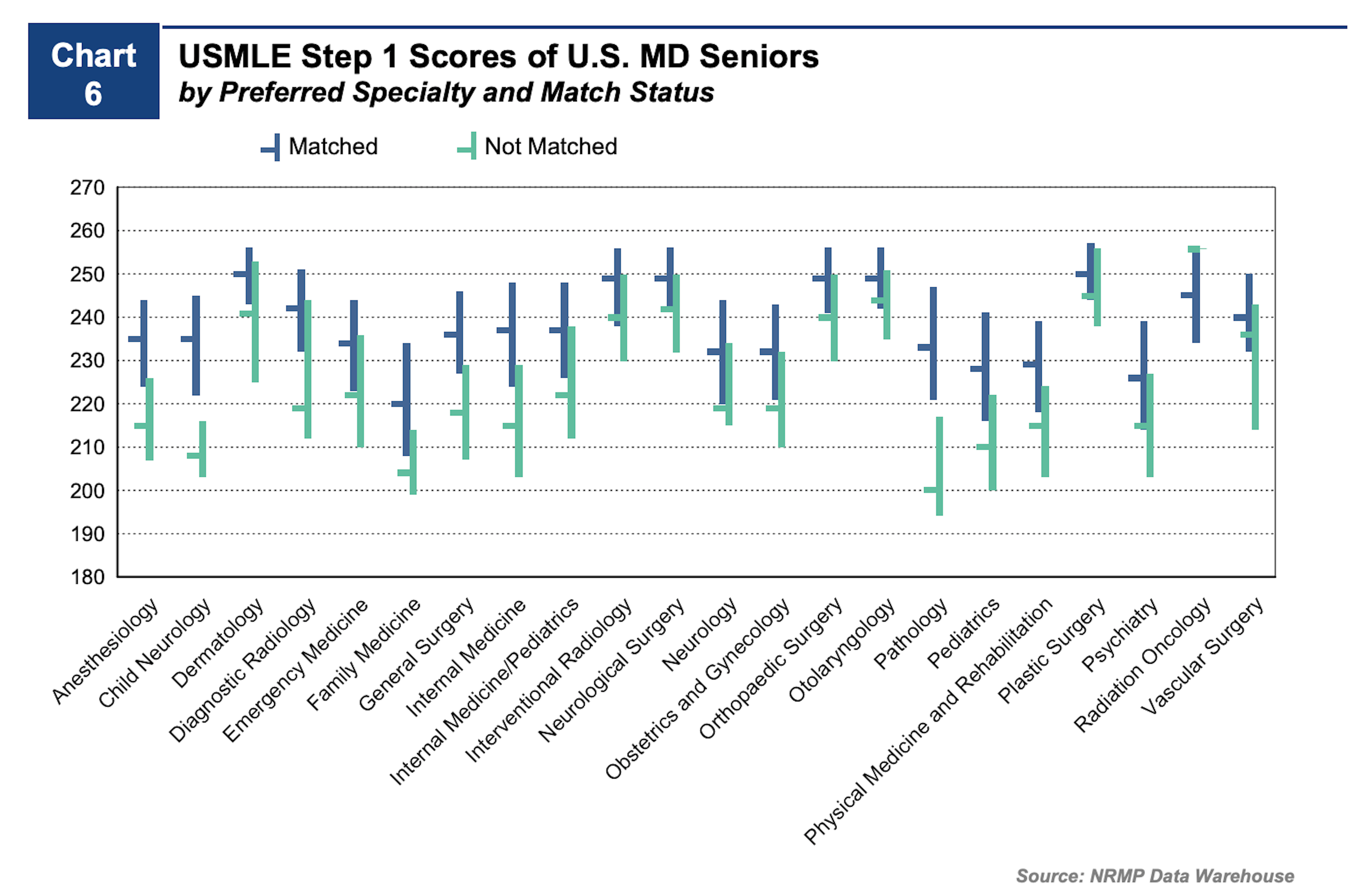

Take an example of the researches, the candidates who wish to go for specialties like Radiology, Plastic Surgery, etc. In case if the other areas seem to be similar, these aspects come forth to make a distinction among them. You may consider them as some of the supportive areas. Other things to consider are your researches, extracurricular activities, leadership roles, etc. The definition of a good interview is where you display your key qualities like interest, confidence, asking insight questions, etc. So this is why the interview is considered to be a very crucial process and may take you to heights that grades and USMLE score report alone wouldn’t be able to. this may not be pertinent to your subjects but tell a lot more than words can tell. The main purpose of the interviewer is to observe your answers to the questions, listen to you, maintain gaze with you, shake hands with you, etc. These papers tell a lot about you and raise few questions in the minds of interviewer too. Consider your residency application process in two steps – the first one to be the written part where you will be presenting your CV, Score card, university grades, etc. The interview procedure is undoubtedly one of the crucial parts in deciding your field of specializations. However, if you fail to give an up to mark performance in any one of the tests, there are still chances to score very well in the rest of the steps and recover your overall USMLE scores.įEW MORE THINGS TO CONSIDER (Tips & Tricks) If you want to get into a good and competitive specialty, you will need to maintain a good performance in all these steps. The USMLE tests are break down into 3 different components namely the Step 1, Step 2 (CK&CS) and Step 3. A strong academic profile means your performance shouldn’t be just good, but very good in the USMLE tests. While you choose a specialty during your medical years, you should possess a very strong academic profile.

Below you can see the major medical specialties being divided into three tiers namely hard, moderate and easy. While going for a medical specialty, one must keep in mind the competitiveness of the various specialties. So even if you miss the opportunity of Step 1, never let go of the Opportunity of Step 2 CK and gain an outstanding and a solid score to improve your application. Moreover, it further holds the belief that Step 2 CK proves to be a better sign of your abilities if compared to Step 1. So if you had confronted an unlucky test day or unlucky test or any failure in preparations during USMLE Step 1, here comes the golden opportunity in the disguise of USMLE Step 2 CK which can take you a long way in countering the disappointed USMLE scores of Step 1. To further add to your information, the score of the USMLE Step 2 depends more on Step 2 CK which makes it more important. The concept of the previously mentioned score boundaries and their impact on your specialty can be applied to the USMLE Step 2 CK as well. Furthermore, these USMLE scores can prove to be a significant factor for registering in the most prestigious training programs. 250 or more: Such scores are considered to be excellent and obviously enable you to choose among the best specialties.Although the score is considered to be very good, you need to maintain this in the rest of the tests too as it alone cannot help you in ensuring a good specialty. Moreover, these scores leave a positive impact on the directors of the USMLE program. 240-250: Needless to say, these USMLE scores are what can be considered to be very good in Step 1.Students with a score in this range are likely to get the doors open for all the specialties. 230-240: This can be called as a good range.However, you may face difficulties in getting a good specialty if your USMLE scores lie at the lower end of this boundary. 210-230: Not a very good score, but you can call it a range of OK to fine.But if you score low in this step, you still have got chance to improve in the other steps. And needless to say, passing is not enough. Or call it the USMLE Step 1 passing score. Passing-210: The USMLE scores that fall in this category are considered to be very low.Although the scores set as boundaries may seem a bit arbitrary, they give a starting place for the explanation. So let’s break down the scores into 4 parts. The USMLE step 1 is the initial step of your journey. The current minimum passing scores are as follows: While the USMLE program does not disclose how the three-digit score is calculated, Step 1 /2CK/ 3 scores theoretically range from 1 to 300, most examinees score in the range of 140 to 260, the passing score is 194 and the mean and standard deviation are approximately 229 and 20, respectively.


 0 kommentar(er)
0 kommentar(er)
